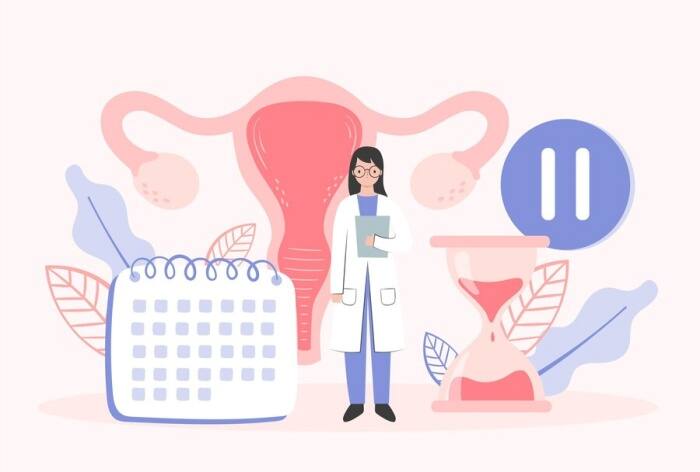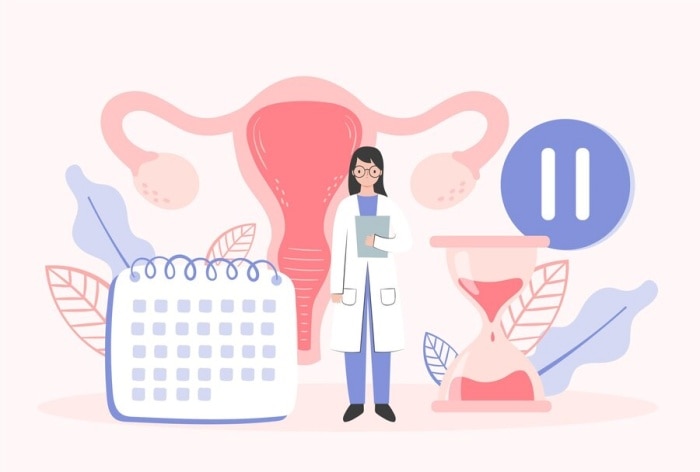Menopause entails different symptoms that can be really discomforting women and insomnia is one of them. However, making few dietary changes can help manage it.

Menstrual cycles are an integral part of every women’s life and there is a whole other level of bonding over those cramps. Be it winter, summer or spring, it is never a good time with periods. Mood swings, hot flashes, sleep problems to cravings, we all have different stories built around those seven days in our life of every month. Everything comes at a halt at some point, and so does the menstrual cycles. However, this transition towards the halt also entails certain symptoms, certain pains and requires a certain lifestyle to ease out the transition. One significant issue many women deal with is insomnia.
Menopause and insomnia are closely related, and many women experience sleep disturbances during this transition in their lives.
Why women experience insomnia during menopause?
- Hormonal Changes: During menopause, a woman’s body undergoes significant hormonal changes, particularly a decline in estrogen and progesterone levels. These hormonal fluctuations can disrupt the body’s natural sleep-wake cycle, leading to difficulties falling asleep and staying asleep throughout the night.
- Hot Flashes and Night Sweats: Hot flashes, characterized by sudden feelings of intense heat and sweating, are common symptoms of menopause. They can occur at any time, including during sleep, and can disrupt sleep patterns. Night sweats, which are excessive sweating during sleep, can also contribute to sleep disturbances and insomnia.
- Mood Changes: Menopause can be accompanied by mood swings, anxiety, and irritability, which can impact sleep quality. These emotional changes may make it difficult to relax and fall asleep, leading to insomnia.
- Physical Symptoms: Menopausal symptoms such as vaginal dryness, frequent urination, and joint pain can cause physical discomfort that interferes with sleep. Discomfort and pain can make it challenging to find a comfortable sleeping position and maintain uninterrupted sleep.
- Stress and Lifestyle Factors: Menopause is often accompanied by various stressors, including work, family, and personal life changes. Increased stress levels and lifestyle factors, such as poor dietary habits, lack of exercise, and irregular sleep routines, can further contribute to insomnia during menopause.
However, menopause doesn’t have to mean sleepless nights! Award-winning nutritionist Lovneet Batra enlists nutrient-rich foods for better sleep and fewer symptoms.
- Magnesium may promote sleep by regulating your body’s circadian rhythms, known as the body’s natural clock, and increasing muscle relaxation. So try foods like Ginger, Almonds, Cashew nuts, and Sesame seeds.
- Vitamin E helps reduce night sweats and hot flashes- which helps you sleep well at night. Easily found in Almonds, Coconut, Flaxseeds, Pistachio, Sunflower seeds
- Omega-3 is a healthy fatty acid that can improve mood and sleep disturbances. Easily found in fish, Bajra, Barley Maize and Ragi.
- Isoflavones are found in soy products and mimic estrogen, which may help reduce hot flashes and other symptoms of menopause, which improves sleep quality.

